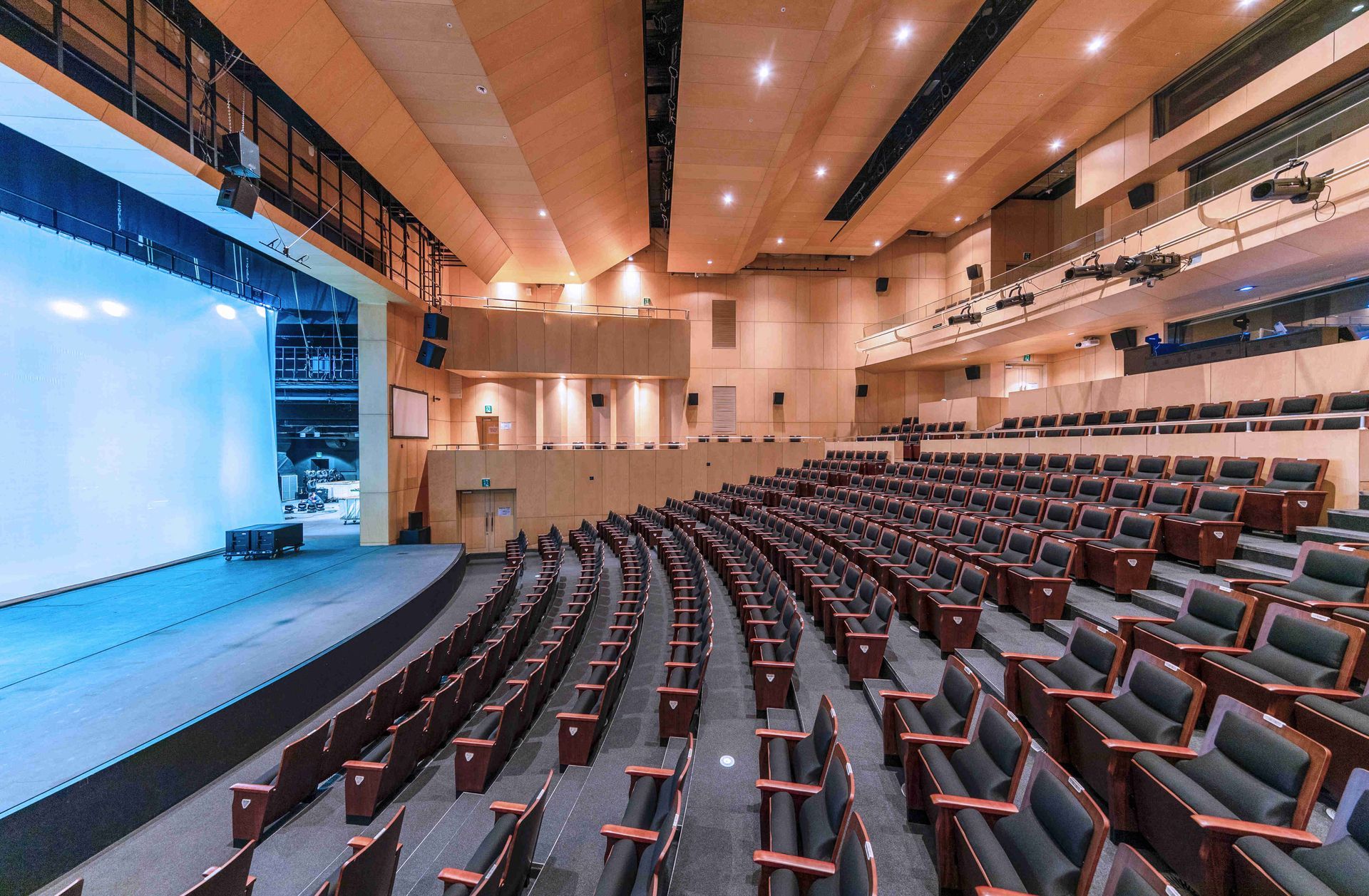What is the Irish position in Brexit developments? A Brexit Irish SWOT analysis
What is the Irish position in Brexit developments?
As I am writing this piece, I am sitting in a “boulangerie” on the “Avenue of the Americas” in New York. The European influence is everywhere in this beautiful patisserie – the better to contrast with the unmistakeable American inflexions in people’s speech around me. IIBN New York invited me over to speak on the topic of Brexit and moderate an all-island panel on the subject. The sheer size of the trade flows between the two economic superpowers that are the US and the EU is mind boggling, and this innocent boulangerie is a fitting reminder.
The EU and US economies account for about half the entire world’s GDP and trade flows. Growth of EU exports to the US is 5.9% average per annum. Total US investment in EU is 3x that of all of Asia.
Anything that happens on either side of that relationship has a significant ripple effect.
Watch this two-minute summary:
However, little did I know that tonight’s Brexit event in New York would co-incide with the draft “Withdrawal Agreement”. Every time the team has gathered to have a briefing call over the past week, there have been new developments. The leaked Whitehall paper suggesting the UK wanted an extended transition period. The Tory proposal of “three baskets” a la carte managed divergence which was spurned by Donald Tusk as “pure illusion”. Jeremy Corbyn’s call for the UK to remain in the customs union post-Brexit. And then today, Theresa May rejected outright one of the key proposals of the EU Withdrawal agreement: that Northern Ireland would remain part of the single market, customs union and subject to the European Court of Justice.
As I write this on the 28th February 2018, it’s almost impossible to see a way through this with key relationships intact. The UK government is seeking a final agreement on its divorce terms, is trying to negotiate a transition deal with the EU and to set out proposals for its future ties… all by people who don’t really know what they want, except all the benefits of EU membership, as well as the ability to strike trade deals with other countries, choose who they want to come into the country, not be subject to the European Court of Justice and absolutely not have a hard border across the Irish Sea or across the island of Ireland.
At the same time, they’re trying to work this out with an economic superpower much larger than them, one that wants to firmly discourage any other country from following them and who was, save for ambitions for reform, quite happy with the status quo. In addition, the UK prime minister is dealing with clear divisions in her own party on the subject. John Major, the previous Conservative PM, even went as far as to say some of the advice she was getting from within her own party was “ very unwelcome from the point of view of the wellbeing of the country “. She also lacks a parliamentary majority and has to rely on the Democratic Unionist Party for support – all the while endeavouring to hold the UK together. The clock is ticking and as Cliff Taylor reminded us in the Irish Times this morning :
The target was to finalise a transition deal by March and the withdrawal agreement by the autumn. And both sides have yet to scope out the bones of their future relationship on trade and other issues. The key issue now is whether the political temperature can allow the talks to move forward.
Specficially, as per the European Commission press release this morning , “The European Council (Article 50) has called on the United Kingdom to provide further clarity on its position on the framework for the future relationship, with a view to its meeting on 22 and 23 March, where it is expected to adopt additional guidelines.”
One could truly devote their entire career to keeping up to date with the dramatic twists and turns of this geopolitical, economic narrative. For now, let us conduct a SWOT analysis of the Irish position in the Brexit conundrum.
Watch the full IIBN panel here: “Paradigm Shift – All-Ireland Brexit Discussion”
Irish position in Brexit: Strengths
Relationship with Europe
Ireland has a number of key strengths. It has the solidarity of Europe behind it. As Donald Tusk recently declared during a trip to Dublin, “ if the UK’s proposal is unacceptable to Ireland, then it’s unacceptable to the EU….The key to the UK’s future lies in Dublin.” While many of the developments that I mentioned earlier happened in recent hours, our relationship with the EU is designed to last for decades to come. A cynical part of me does wonder if there would be a quid pro quo at some stage, particularly on the topic of eurozone fiscal integration, but that’s for another day.
Relationship with the UK
Another key Irish strength is that we have strong cultural ties with the UK. We have a common language, similar laws, have the second busiest air corridor in the world between Dublin and London. Ireland and Britain trade over €1 billion per week in goods and services. We know them well and our relationship is at its best historically. We genuinely want to be as close as possible to them in terms of trade and political relationship, and that is reciprocated. The day after Article 50 was triggered, Theresa May published an open letter in the Irish Times :
At this moment of profound significance for the United Kingdom, I want to assure you that this decision was no rejection of the values we share with our European friends, least of all the Republic of Ireland.
The United Kingdom and the Republic of Ireland have a unique relationship founded on our distinctive geography, history and trade – and above all the deep family ties and bonds of affection that unite us. I understand the special significance of this relationship and I am personally committed to strengthening it, not weakening it, as the UK leaves the EU.”
Strong business relationships with the rest of the world
Thirdly, Ireland has a remarkable international business architecture right around the world as Irish businesses seek to find new markets or to build on existing ones. In fact, that’s the very reason that I’m here right now in New York. I’ve served on the board of the Irish International Business Network for the past six years and have been a grateful receiver and enthusiastic giver in that business diaspora. There are Irish embassies and consulates in every corner of the world. Recently, the Department of Foreign Affairs published the second version of their Diaspora Directory: it included 769 Irish organisations. Moreover, Enterprise Ireland and the IDA do amazing work in building our global commercial footprint.
Irish position in Brexit: Weaknesses
Before I outline the weaknesses in our situation, let me remind you that these weren’t weaknesses at all before 2015. Any seasoned business person would have told an Irish company owner to look at the UK for its first export market and followed up with a plethora of good reasons!
(Over?)reliance on exports to UK
Our weaknesses include the reliance that we have on the UK market for export. This goes beyond the aforementioned billion of weekly trade, but let’s start there. As an exporter, if you’re selling into an economy that is growing at a slower pace than your own ( the UK economy increased by 1.5% y-o-y in 2017 vs 2.7% for the Euro-area and 7% in Ireland ) and has experienced a dramatic decline in the value of its own currency (from 1 euro = 76p on the Brexit referendum day to 89p today), you’re facing very significant challenges.
Importance of business relationships with the UK – formative experience for many Irish people
80 per cent of all imports and exports come either to or from Ireland through Britain. It’s also the most cost, time and culture-efficient place to do business for an Irish person. As a student I lived in Edinburgh for a summer because I knew I could come home if things didn’t work out ( they did, thank God ). I can be in Belfast and back within a morning if I need to. I’ve told clients in London, Bristol and Manchester that I could make a meeting within 24 hours if they ever needed me to. So many Irish people go to London to cut their professional teeth and dramatically improve their earning capacity in an environment that thrives with possibility that doesn’t present many cultural challenges.
Brexit has brought all of this to the fore in its current form as people and businesses run a stress test of “what if we took the UK out of the equation, what would we do then?” This really is such a pity. However, it gets a lot worse for those who can’t think like this and have to face the possibility of WTO tariffs, dramatically increased administration burdens and the uncertainty of what could happen in the event of a hard border.
Irish position in Brexit: Opportunities
Of course, it would be impossible for us to move forward at all if we couldn’t look for opportunities. Particularly, as the Positive Economist, I’m always on the lookout for those.
Help from organisations
We have a range of organisations willing to help us through this challenge in a highly practical way.
- Enterprise Ireland has created the Brexit Scorecard for SMEs, as well as a dedicated “Prepare for Brexit” website among other resources. Visit PrepareForBrexit.com for information about the “Be Prepared” grant, the dates of upcoming Brexit clinics and more business strategy advice. See also this page on the Enterprise Ireland website.
- InterTradeIreland has a dedicated Brexit page on their website and they offer “Start to Prepare” vouchers. They have a Brexit advisory service and Tariffs information service.
- The LEOs have also set up a Brexit page are offering a Brexit mentor programme , in which experienced CEOs and executives advise SMEs about business strategy.
- Bord Bia has developed a Brexit barometer focusing on government and EU supports, supply chain logistics, as well as customs and currency information.
International tourism
Tourism Ireland have gone further afield in order to find visitors, acknowledging the decrease in tourism from Britain : “Arrivals from Britain reached 3.9 million in 2016; the highest since before the crash. The figures dropped to 2.7 million. The average spend by British visitors in 2016 was €309 per person, resulting in a loss of just over 60 million in 2017.” North America performed exceptionally well, with more than 2.1 million arrivals from the US and Canada, up +16% for the year. Long-haul markets also delivered strong growth, with arrivals from Australia and Developing Markets growing by +13%. There was growth from Mainland Europe too, with an increase of +5.5%. ( see this report from Tourism Ireland )
Foreign direct investment
The IDA is of course monitoring the situation closely and was able to report the following : “The high level of investments won remained stable in 2017 with 237 new investments secured by IDA during the year. The number of new name investments increased to 111 from 99 in the previous year…. And IDA Client Employment grew by 5.3% in 2017, against the national average of 2.3%.”
Irish position in Brexit: Threats
Many have spoken about the threats in broad, abstract terms. Honestly, it’s hard to pin them down, but a recent study offered a useful perspective by isolating the sectors and their respective geographies. The study points out that “ Five sectors – agrifood, electrical machinery, pharma, aviation and wholesale-retail – account for 90 per cent of the expected economic hit. Half of its comes from agrifood and pharma alone.” The corolloary of this is that certain specific regions can expect the greatest impact. Naturally, agrifood is primarily based in rural Ireland, while Cork is the pharmaceutical capital of the country. There are fewer replacement job opportunities in these areas than in Dublin.
Without a shadow of a doubt, the greatest issue that Brexit presents is right on this island of Ireland. The political and social challenges that would come about as a consequence of a hard border are on everybody’s mind. The 20th Anniversary of the Good Friday Agreement is soon to be celebrated. This represents the immense progress that has been made through compromise in the area and Brexit is certainly not a welcome development in this regard.
It has caused disagreements within the UK – will there be a border down through the Irish Sea? It has caused disagreements between the UK and Irish governments. It has caused disagreements between communities in Northern Ireland itself. This discussion is going to get very real very fast: if there isn’t a very comprehensive agreement, it’s hard to see how there won’t be a border of some sort across the island of Ireland or between our two islands. Either proposal is going to make a lot of people very unhappy.
Structural change in the EU
There have been a range of new proposals coming from Europe and the phrase underpinning the notions is “The time to fix the roof is when the sun is shining”. Since coming to power last year, Macron has hinted at eurozone reform plans including completion of a banking union, progress on a capital markets union, a new European Monetary Fund, and one eurozone budget and finance minister. We share a lot of deeply held cultural values with the UK and while, in general, the Irish nation is pro-European, it has an island mentality of appreciating its sovereignty and sense of identity. Ireland has never promoted fiscal integration and other integration reforms. Now that we have lost a partner in that respect, our voice may not be so loud. In my view, with Brexit the brakes have come off in the European Union and Macron has his foot on the accelerator. It’s important that we’re vigilant and proactive in the development of the economic bloc, and that we keep in mind the many ways it will affect our lives.
Finally, it’s likely that there will be a new competitor on the market. In the very same way that I travelled to Malta , the UK and other destinations when the Irish recession was digging its heels in, British companies are likely to do the same and come to the Emerald Isle to sell their goods and services at a competitive price, helped by a devalued sterling. This offers more variety and choice for the Irish consumer and brings a new entrant into the market for existing Irish businesses. Judging by the annual Global Greening, we’re well able to travel right around the world and position ourselves as a serious contender in any market, so we will need to bear that in mind when we have new business neighbours.
In times of change there are always those who reminisce fondly of times gone by and find people to blame for that change. And there will be others who will be spurred on and motivated by the new paradigm. For the rest of us, we need to gain acceptance and familiarity with the new normal, see how we can make the best of opportunities that are presented and embrace the differences that we have as cultural diversity. That’s our strategy at the Hayes Culleton Group.
Positive Economist







